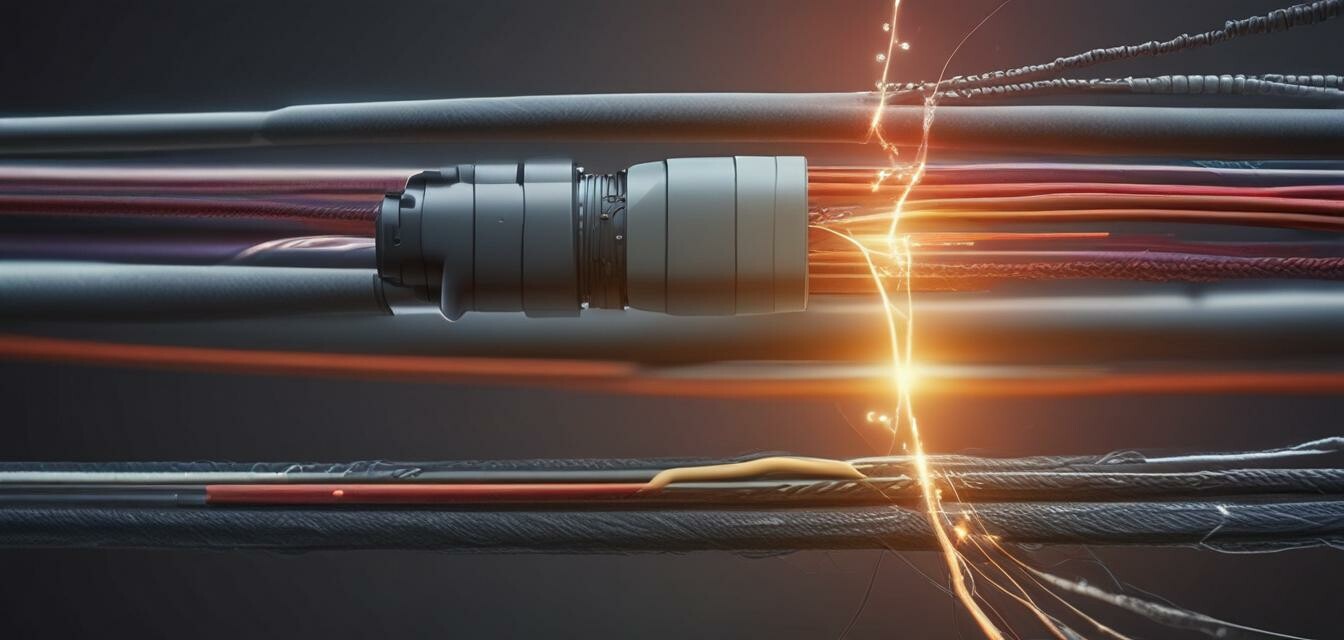
Comparison of cable vs. fiber internet plans
Key Takeaways
- Cable internet is widely available and generally more affordable than fiber internet.
- Fiber internet offers faster speeds and better reliability, especially for heavy internet users.
- Both options have their pros and cons; understanding your needs is crucial to making the right choice.
- Consider factors such as pricing, speed, latency, and availability in your area.
Choosing the right internet plan can be overwhelming, especially when it comes to deciding between cable and fiber internet. Each option has its strengths and weaknesses, which can significantly impact your online experience. This comprehensive guide will help you weigh the pros and cons of cable and fiber internet plans, equipping you with the knowledge needed to make an informed decision.
Understanding cable and fiber internet
Cable internet uses the same coaxial cables that deliver cable television to provide internet access. This technology has evolved, but it’s primarily known for offering decent speeds at competitive prices, making it a common choice for many households.
On the other hand, fiber internet utilizes strands of glass or plastic to transmit data as light signals. This advanced technology allows fiber connections to achieve much higher speeds and lower latency, making it ideal for individuals or households with heavy internet usage.
Comparison table: Cable vs. Fiber Internet
| Feature | Cable Internet | Fiber Internet |
|---|---|---|
| Speed | 25 Mbps to 1 Gbps | 100 Mbps to 10 Gbps |
| Availability | Widely available in urban and suburban areas | Limited availability, mainly in urban areas |
| Cost | Generally more affordable | Tends to be more expensive |
| Reliability | May be affected by congestion | Less impacted by congestion, very reliable |
| Latency | Higher latency can occur | Lower latency, better for online gaming and streaming |
Pros and cons of cable internet
Pros
- Widespread availability
- Lower monthly costs
- Stable connection for general usage
Cons
- Speeds can vary based on network congestion
- Higher latency can affect real-time applications
Pros and cons of fiber internet
Pros
- Faster speeds regardless of network load
- Lower latency, ideal for gamers and streamers
- Less susceptible to outages and interferences
Cons
- Higher cost compared to cable
- Availability may be limited depending on the location
Factors to consider when choosing internet
When deciding between cable and fiber internet, it's essential to evaluate your individual needs. Below are some key factors to keep in mind:
- Usage: Evaluate how you use the internet—whether it's for casual browsing, streaming, or gaming.
- Speed: Consider the speed requirements for your activities.
- Budget: Set a budget for your monthly internet expenses.
- Availability: Determine which types of internet service are available in your area.
Conclusion
Choosing between cable and fiber internet can significantly affect your online experience. While cable is a popular and budget-friendly option, fiber offers unparalleled speed and reliability for avid internet users. Weighing the pros and cons alongside your specific requirements will undoubtedly guide you towards the best internet plan for your needs.
Explore more
For additional information on internet plans and devices, consider checking out our guides on data plans and pricing, high-speed routers, and ISP reviews and comparisons. These resources will further assist you in navigating your internet options effectively.
